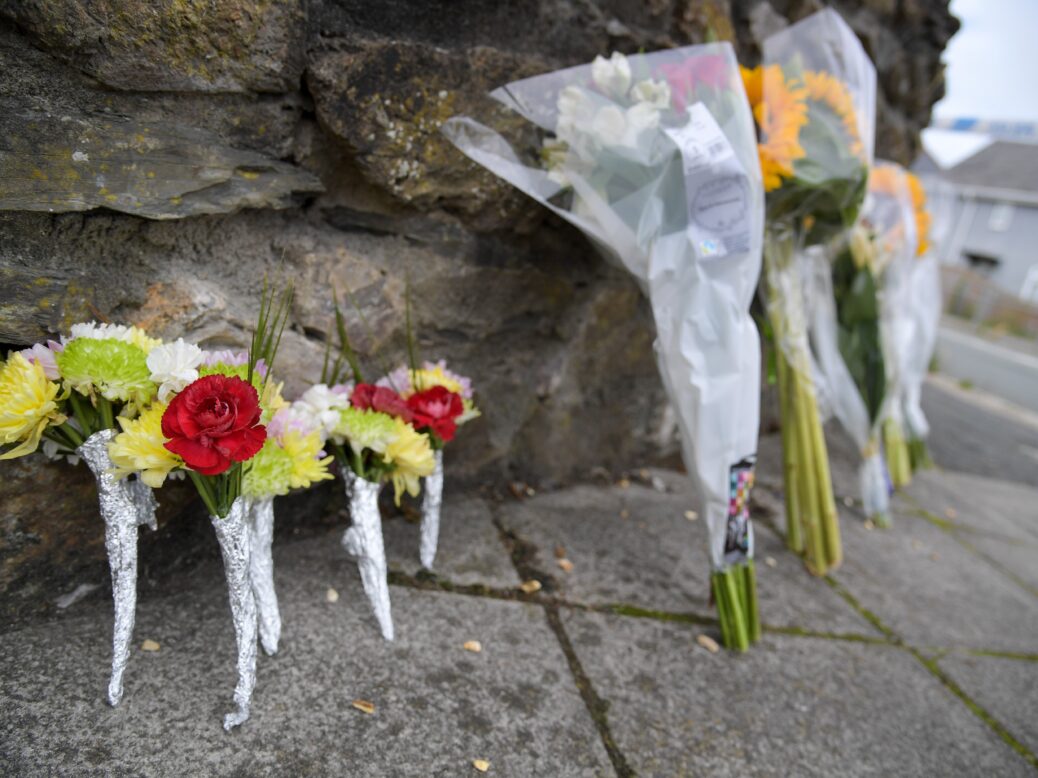
In 2014, Elliot Rodger, a 22-year-old self-described “incel” – short for “involuntary celibate” – killed six people and injured 14 in a stabbing and shooting spree in Isla Vista, California. After the attack, before taking his own life, Rodger uploaded a racist, misogynistic “manifesto” online, and a YouTube video of the same ilk. A spring of copycat attackers followed, who may have been inspired by Rodger, such as the fellow self-described incel, Alek Minassian, in Toronto in 2018 and a fellow manifesto-creator who killed 51 people at two mosques in Christchurch, New Zealand, a year later.
It’s feels like a cliché to outline what the term “incel” means. It is someone – almost always a man – who is sexually abstinent despite their wish not to be. Incels direct their anger at their involuntary celibacy as hate towards women, the sexual liberation of whom, incels think, has led to a swell of sluts and nymphomaniacs who refuse to have sex with good, nice guys like them.



